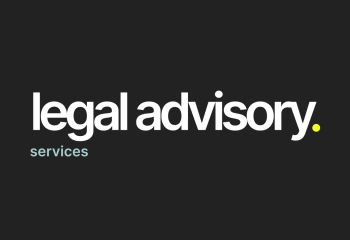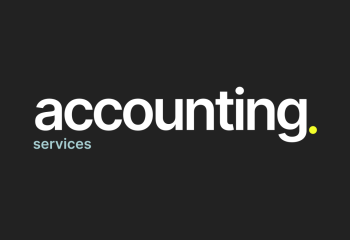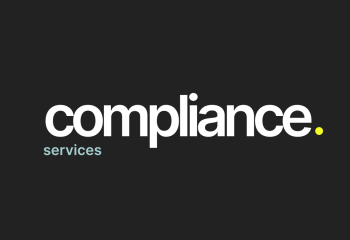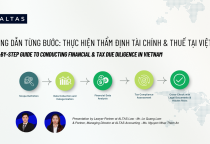In 2022, the State Securities Commission (SSC) began enforcing compliance with the regulations on independent members of the Board. Hoa Phat Group Joint Stock Company and PetroVietnam Power Corporation were both fined an amount of VND 125 million. While it's not ideal for many companies to comply just to avoid fines and negative coverage, it's still a step that pushes them in the right direction at a time when compliance with the regulation on independent board members of public companies has not been emphasized.
Appointment of independent members of the Board of Directors only to satisfy statutory requirements
The "Survey Report on Independent Members of the Board of Directors at Public Companies in Vietnam" published by the Vietnam Association of Independent Members of the Board of Directors (VNIDA) in collaboration with FiinGroup has just released that many companies still do not have independent members of the Board of Directors or have but with a lower number than the statutory requirements, usually just to meet the minimum quantity requirement.
This survey was conducted using questionnaires with 1,300 public companies on HOSE, HNX and UPCoM and information published by 544/769 companies listed on HOSE and HNX about independent board members.
In terms of compliance, automotive & parts and communications companies have the lowest level of compliance, at only 30%, while the highest rate is 100% in the banking industry.
However, the percentage of independent members of the Board of Directors in banks is also low at 11.8% because it is under the Law on Credit Institutions 2010 instead of the Enterprise Law 2020 and the Law on Securities 2019. Accordingly, a credit institution established in the form of a joint-stock company is required to have at least one independent member of the Board of Directors regardless of the size of the Board of Directors.
Notably, VNIDA pointed out, a higher foreign ownership ratio does not mean a higher compliance rate for independent board members. Specifically, the compliance rate is relatively high (69%) among companies with a foreign ownership ratio of less than 10%. However, companies with a foreign ownership ratio of 30% or more have lower compliance rates (66%).
In addition, although large-cap companies have higher compliance rates for independent board members, the perception of independent board members is lower than that of small- and medium-cap companies.
Specifically, while large-cap companies have higher compliance rates of independent board members than small-cap companies, at 84% and 66%, respectively, the proportion of independent board members in large-cap companies (25.7%) is lower than in mid-cap (27.5%) and small-cap companies (27%).
Listed companies publish information about independent members of the Board of Directors through corporate governance reports and annual reports. However, most disclosures tend to be prepared and lack the necessary information about independent members of the Board such as: nomination and dismissal processes; detailed biographical information of the candidate; operational evaluation indicators; minutes of committees.
Only 3 out of 493 independent board members have experience in risk management, similar to labor and unions/ESG/CSR.
In total, there are 162 independent board members working on various committees of 98 of the 544 listed companies. No independent board member has a seat on the investor relations (IR) and social responsibility (ESG) committees. The largest audit committee is 1.7 people, equivalent to 128 independent board members across 75 companies, while the strategy committee consists of only one person.
Many companies still do not disclose full information about the age, qualifications and remuneration of independent board members.
Notably, according to VNIDA, remuneration for independent members of the Board of Directors does not seem to be commensurate with their capacity and responsibility, and shows their unimportant role in companies.
In addition, there is a large difference in remuneration among independent board members in listed companies in Vietnam compared to remuneration for non-executive board members in other markets. The remuneration for independent members of the Board of Directors in listed companies in Vietnam averages 6,600 USD / year while in India it is 11,000 USD, China 34,000 USD, Malaysia 43,000 USD, Singapore 75,000 USD
"In general, low remuneration indicates that independent board members do not play an essential role in many companies whose presence is mainly to meet statutory requirements," the VNIDA report emphasized.
With these issues in mind, VNIDA and Fiingroup have made a number of policy recommendations. Prominent among them is the promotion and further strengthening of the importance of corporate governance in general and independent members of the Board of Directors in particular; strictly enforce regulations on independent members of the Board of Directors; finalizing the legal framework; constantly improve the quality and standards of independent members of the Board of Directors.
First, the legal framework for independent members of the Board of Directors needs to be completed with more complete and clear regulations. Accordingly, there should be criteria for "independence" of independent members of the Board of Directors; their powers; provisions on sanctions; specific provisions on professional committees.
Second, it is necessary to add regulations requiring public companies to disclose information about the process of nominating and appointing independent members of the Board of Directors. Regarding the reporting regime, there should be detailed regulations on specific contents and mandatory criteria for reports on independent members of the Board of Directors and the Board, as well as regulations on ad hoc reports in order to promptly detect and evaluate their performance and activities.
Third, adopting a two-tier voting mechanism, nominating committees with transparent procedural processes as well as a vast pool of potential independent board member candidates recruited through referrals by professional associations to ensure their independence.
Fourth, capacity building, training and certification for independent members of the Board of Directors. Specialized knowledge such as corporate governance, finance, auditing, law and compliance, corporate social responsibility ... is essential for them to perform their role as well as improve their working efficiency in the company.
Fifth, the application of best practices for board evaluation should be strengthened when existing regulations on board evaluation are limited.
Sixth, in order to protect independent board members from personal liabilities arising from their violations, there should be a regulation requiring public companies (or at least listed companies) to purchase director & management liability insurance for independent board members. Compared to executive board members, the risk that independent board members may breach or fail to perform their fiduciary duties is much higher.
Seventh, it is necessary to promote the role of independent members of the Board of Directors as a profession.
Professional associations and organisations should be encouraged to establish and maintain a platform or network to connect independent board members, set standards/criteria for them, support their voices, improve their qualifications and share experiences.





























